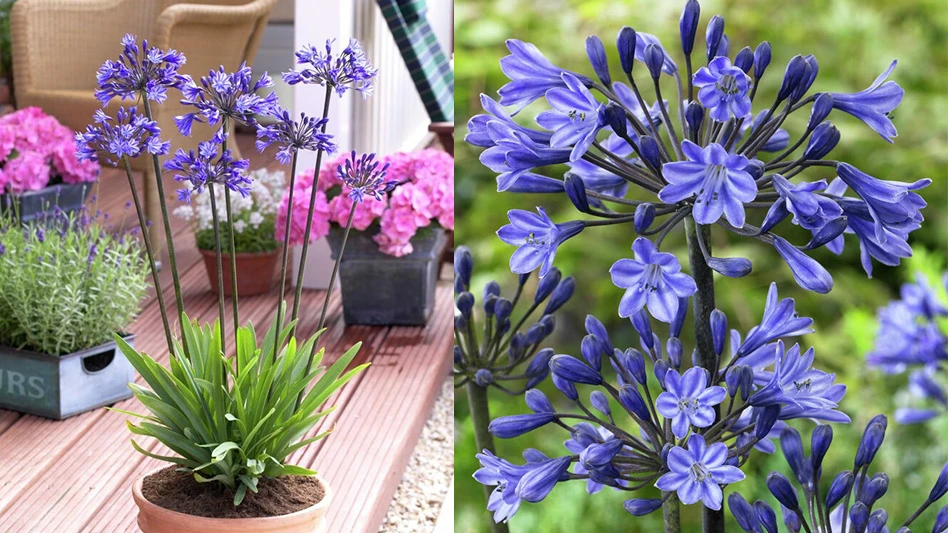 Sid RaischMisconception No. 1: Garden centers should be open year-round. Oh really? A more accurate statement is this: Belief No. 1: In certain conditions garden centers should be open year-round, and in others they should not be. The circumstances for being open fall primarily into three categories.
Sid RaischMisconception No. 1: Garden centers should be open year-round. Oh really? A more accurate statement is this: Belief No. 1: In certain conditions garden centers should be open year-round, and in others they should not be. The circumstances for being open fall primarily into three categories.
Three reasons to stay open
The garden center’s market is year-round. There are some markets that are year-round, and this column may not apply to those situations.
The garden center has a particularly strong product niche, and is located where there is sufficient daily store traffic to support a profitable sales level. There are some stores in high-traffic locations that have succesfully integrated non-core product lines to be profitable nearly every day they’re open.
The garden center has incurred financial burdens—including operating expenses and personnel obligations—that require it to be open, although staying open is contributing little to profits (which may be marginally near or below the point of diminishing return.) Still, even in dire financial conditions, the best approach is almost always to generate more revenue when the business is in peak demand and to lower expenses all the time – especially when the demand is diminished.
A majority of garden centers fall into the third category. However, there are two major misconceptions related to being open year-round that often add justification to this mistaken precept of running a garden center.
But what will the customers think?
“We’ll lose ground because our customers will forget about us while we’re closed.” The reality is that if you become less relevant to your customers’ lives, they will begin to forget about you. Being open doesn’t mean you’re relevant, and you can measure that with store traffic, sales dollars and profit.
“We’ll lose our experienced staff of knowledgeable professionals.” In my experience, garden centers that close during the winter have been able to retain associates to the satisfaction of the owner and the customers. This does not mean that every associate is retained. Some embrace the closed period, others accept it, and in certain circumstances owners find ways to compensate mission-critical associates even though the business is closed.
My point is that making these assumptions, and not considering the possibility of closing when your customers aren’t opening their pocketbooks, is not wise. Explore the possibilities. Consider closing when the return is not there. It’s not a coincidence that the season for peak sales and profit for a garden center is when consumers suffer “spring fever.” They want what they haven’t had for a lengthy period, so they flock to the store.
Consider the situation of Krispy Kreme Doughnuts. The company violated the “scarcity principle,” a concept that drives consumption, traffic and brands in our business as well. When Krispy Kreme expanded its wholesale business rapidly and allowed its famous “HOT NOW” sign to appear in the windows of convenience stores, it turned a special treat into an everyday commodity. Once you could get a Krispy Kreme doughnut anytime, anywhere, demand diminished.
Most garden centers do not use the scarcity principle to their best advantage. I said all of this to say this: The scarcity principle may be your friend. Think about it.
Sid Raisch is president of Horticultural Advantage, a consulting firm serving independent garden centers. Read more from Sid’s Strategies Blog at blog.horticulturaladvantage.com.

Explore the January 2010 Issue
Check out more from this issue and find your next story to read.
Latest from Garden Center
- Meet the All-America Selections AAS winners for 2025
- AmericanHort accepting applications for HortScholars program at Cultivate'25
- 2025 Farwest Show booth applications now open
- The Garden Center Group hosting 'The Financial Basics of Garden Retailing Workshop Series'
- Weekend Reading 11/22/24
- Hurricane Helene: Florida agricultural production losses top $40M, UF economists estimate
- Terra Nova Nurseries shares companion plants for popular 2025 Colors of the Year
- Applications open for Horticultural Research Institute Leadership Academy Class of 2026





